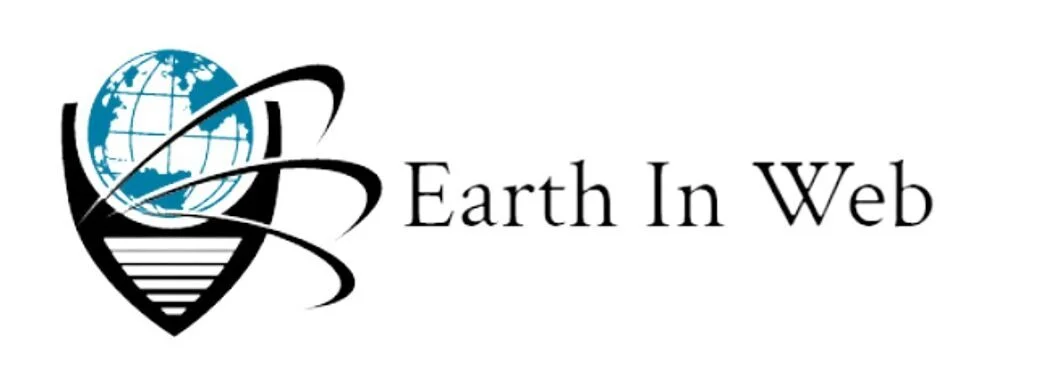
Intellectual Property Insurance: Protecting Your Creative Assets
Intellectual property (IP) is the cornerstone of many businesses, representing their innovation, creativity, and competitive edge. However, protecting these assets from theft, infringement, or misuse can be a complex and costly process. Intellectual Property Insurance offers a solution by providing financial support to defend or enforce IP rights. This article explores what intellectual property insurance entails, its advantages, disadvantages, and why businesses should consider it.
What is Intellectual Property Insurance?
Intellectual Property Insurance is a specialized type of coverage designed to protect businesses and individuals from financial losses related to intellectual property disputes. It covers the costs associated with defending against claims of IP infringement, enforcing your IP rights, or both. This includes trademarks, copyrights, patents, trade secrets, and other proprietary assets.
Types of Intellectual Property Insurance
1. Defense Coverage
This policy covers legal expenses incurred when your business is accused of infringing on another party’s intellectual property rights.
2. Enforcement Coverage
Provides financial support to enforce your intellectual property rights against infringers.
3. Combined Coverage
Offers both defense and enforcement protection, ensuring comprehensive coverage for all IP-related disputes.
4. Multinational Coverage
Designed for businesses operating globally, this policy protects IP rights across multiple jurisdictions.
5. Trade Secret Insurance
Covers losses arising from theft or unauthorized disclosure of trade secrets.
Advertisements
Advantages of Intellectual Property Insurance
1. Financial Security
IP litigation can be expensive, with costs running into millions. Insurance covers legal fees, settlements, and damages, reducing financial strain.
2. Encourages Innovation
Knowing your IP is protected allows businesses to invest confidently in research and development without fear of losing their creative edge.
3. Competitive Edge
With insurance, businesses can enforce their IP rights aggressively, ensuring competitors do not profit from their innovations.
4. Global Protection
Many policies offer multinational coverage, safeguarding IP assets across different countries and jurisdictions.
5. Reduces Risk of Business Disruption
Litigation can distract from core operations. Insurance ensures financial and legal support, allowing businesses to focus on growth.
6. Customized Policies
Policies can be tailored to suit specific industries or business needs, ensuring optimal coverage.
7. Strengthens Investor Confidence
Investors are more likely to support businesses with insured IP, as it indicates risk management and commitment to innovation.
Disadvantages of Intellectual Property Insurance
1. High Premium Costs
Comprehensive IP insurance can be expensive, particularly for small and medium-sized businesses.
Advertisements
2. Exclusions and Limitations
Not all IP risks are covered. For instance, some policies may exclude coverage for willful infringement or outdated patents.
3. Complex Claims Process
Filing and processing claims can be time-consuming, requiring detailed documentation and proof.
4. Coverage Gaps
Policies may not cover indirect losses, such as reputational damage or loss of market share due to IP disputes.
5. Industry-Specific Challenges
Certain industries, such as software or technology, may face unique IP risks that are not adequately covered by generic policies.
6. Dependency on Legal Outcomes
Insurance payouts are often contingent on the outcome of legal proceedings, which can be unpredictable.
Advertisements
Who Needs Intellectual Property Insurance?
1. Startups
Emerging businesses with innovative products or services should protect their IP to maintain a competitive edge.
2. Technology Companies
Businesses in software, hardware, or tech services face high risks of IP disputes and benefit significantly from coverage.
3. Creative Industries
Companies in publishing, design, media, or entertainment rely on IP for revenue and require protection against infringement.
4. Manufacturing Businesses
Businesses with patented processes or products need insurance to defend their proprietary technology.
5. Multinational Corporations
Companies operating in multiple jurisdictions face complex IP risks that necessitate comprehensive insurance.
How Intellectual Property Insurance Works
Step 1: Risk Assessment
The insurer evaluates your business’s IP portfolio, industry risks, and potential exposure to IP disputes.
Step 2: Policy Customization
A policy is designed to cover the specific needs of your business, including defense, enforcement, or both.
Step 3: Premium Determination
Premiums are calculated based on the value of your IP, industry risks, and the extent of coverage required.
Step 4: Filing a Claim
In the event of an IP dispute, the insured files a claim with supporting documentation. The insurer provides financial support based on the terms of the policy.
Advantages of Intellectual Property Insurance for Businesses
Case Study: A Software Startup
A software startup was accused of infringing a competitor’s patent. Without insurance, the legal costs could have bankrupted the company. However, with intellectual property insurance, they successfully defended themselves and continued operations without financial strain.
Real-World Scenarios Where IP Insurance is Crucial
- Patent Trolls: Businesses targeted by entities that buy patents solely to file lawsuits can use insurance to defend against frivolous claims.
- Global Expansion: Companies entering new markets may face IP disputes due to differing laws and standards.
- Product Launches: New product releases often attract scrutiny from competitors, increasing the risk of infringement claims.
Conclusion
Intellectual Property Insurance is a vital tool for businesses that rely on innovation and creativity. While it comes with costs and limitations, the benefits of financial security, operational continuity, and enhanced competitiveness outweigh the disadvantages. By assessing risks and choosing the right policy, businesses can protect their most valuable assets and focus on growth.
See more in : Digital Insurance
Advertisements


